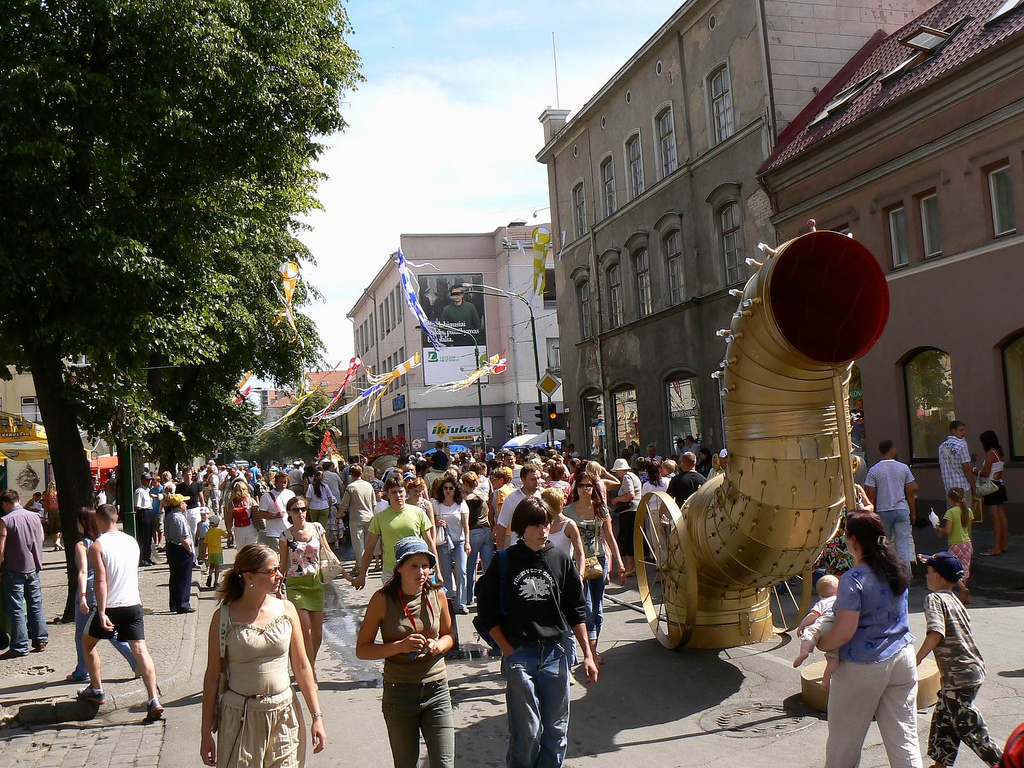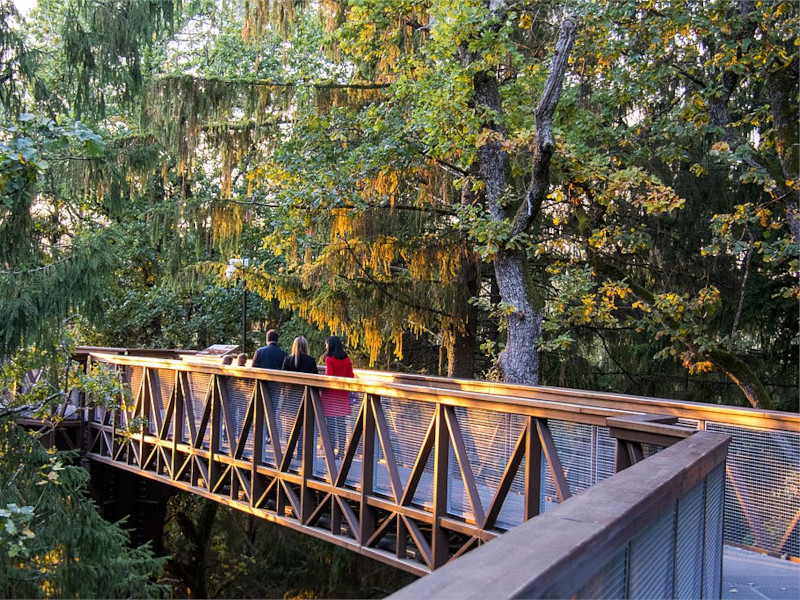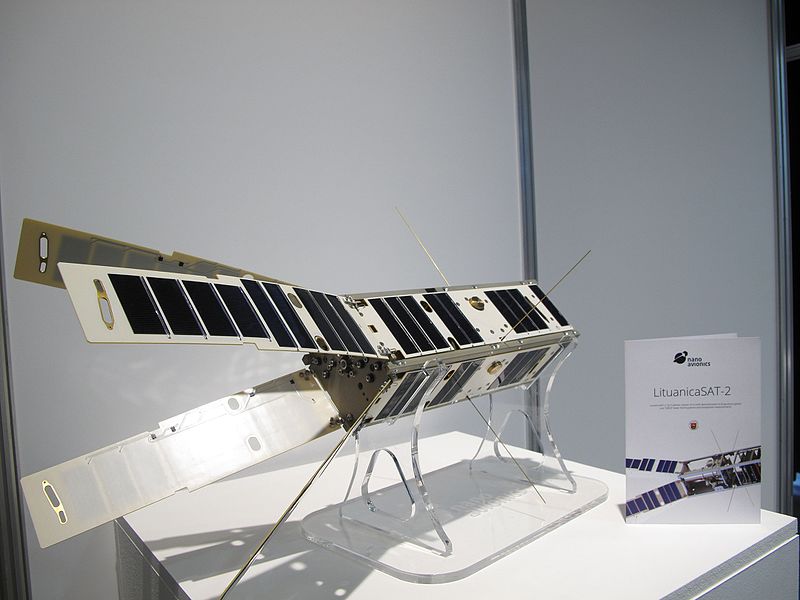 © Pierre André, CC BY-SA 4.0 , via Wikimedia Commons
© Pierre André, CC BY-SA 4.0 , via Wikimedia Commons
1 / 9
There are many reasons why we should not forget what happened in the Baltic states during those five years. Certainly, there is the intrinsic importance of the phenomenon in the history of Lithuania (and of Latvia and Estonia).
 AB Klaipėdos Nafta, CC BY-SA 4.0 , via Wikimedia Commons
AB Klaipėdos Nafta, CC BY-SA 4.0 , via Wikimedia Commons
2 / 9
These three countries, like the rest of the former Soviet Union, are now autonomous and democratic states: that alone is of course a great achievement, that would have not been possible without their independence movements and the particular, “singing”, shape they took.
 © Bearas, CC BY-SA 4.0 , via Wikimedia Commons
© Bearas, CC BY-SA 4.0 , via Wikimedia Commons
3 / 9
But there is more. We are accustomed to a way of describing our past that considers violent acts like riots and wars as the actual history-changing events.
 © Andrius.v, CC BY-SA 4.0 , via Wikimedia Commons
© Andrius.v, CC BY-SA 4.0 , via Wikimedia Commons
4 / 9
Our streets and our monuments are most of the times named after people who fought for their country, whether they won or lost, whether they were victims or executioners.
 © GiW, CC BY-SA 4.0 , via Wikimedia Commons
© GiW, CC BY-SA 4.0 , via Wikimedia Commons
5 / 9
The Singing Revolution is a story of millions of people who avoided violence, who won the war without fighting, and who courageously faced a “David versus Goliath” situation. They won by using hands and voices, words and drawings, drums and guitars, pencils and typewriters.
 © Rudaminas Simonas, CC BY-SA 4.0 , via Wikimedia Commons
© Rudaminas Simonas, CC BY-SA 4.0 , via Wikimedia Commons
6 / 9
This is why the Singing Revolution should not stay “in the past”, but become an inspiration for present and future generations.
 © Januskaite, CC BY-SA 4.0 , via Wikimedia Commons
© Januskaite, CC BY-SA 4.0 , via Wikimedia Commons
7 / 9
There are ways to change the world that can bypass aggression, imposition and violence, and be instead achieved through passion and beauty. No community is too small and no oppressor is too big for this to happen.
 Vilensija, CC BY-SA 3.0 , via Wikimedia Commons
Vilensija, CC BY-SA 3.0 , via Wikimedia Commons
8 / 9
In the increasingly intolerant world we live in, we think our history books, our streets, our monuments and our cultural events (like indeed a museum exhibition) should tell us more and more about events like this.
 Marcin Białek, CC BY-SA 4.0 , via Wikimedia Commons
Marcin Białek, CC BY-SA 4.0 , via Wikimedia Commons
9 / 9
Events like Gandhi’s nonviolent movement for Indian independence, the Rescue of the Danish Jews, the anti-slavery movement in Trinidad and Tobago. Events like the Singing Revolution.